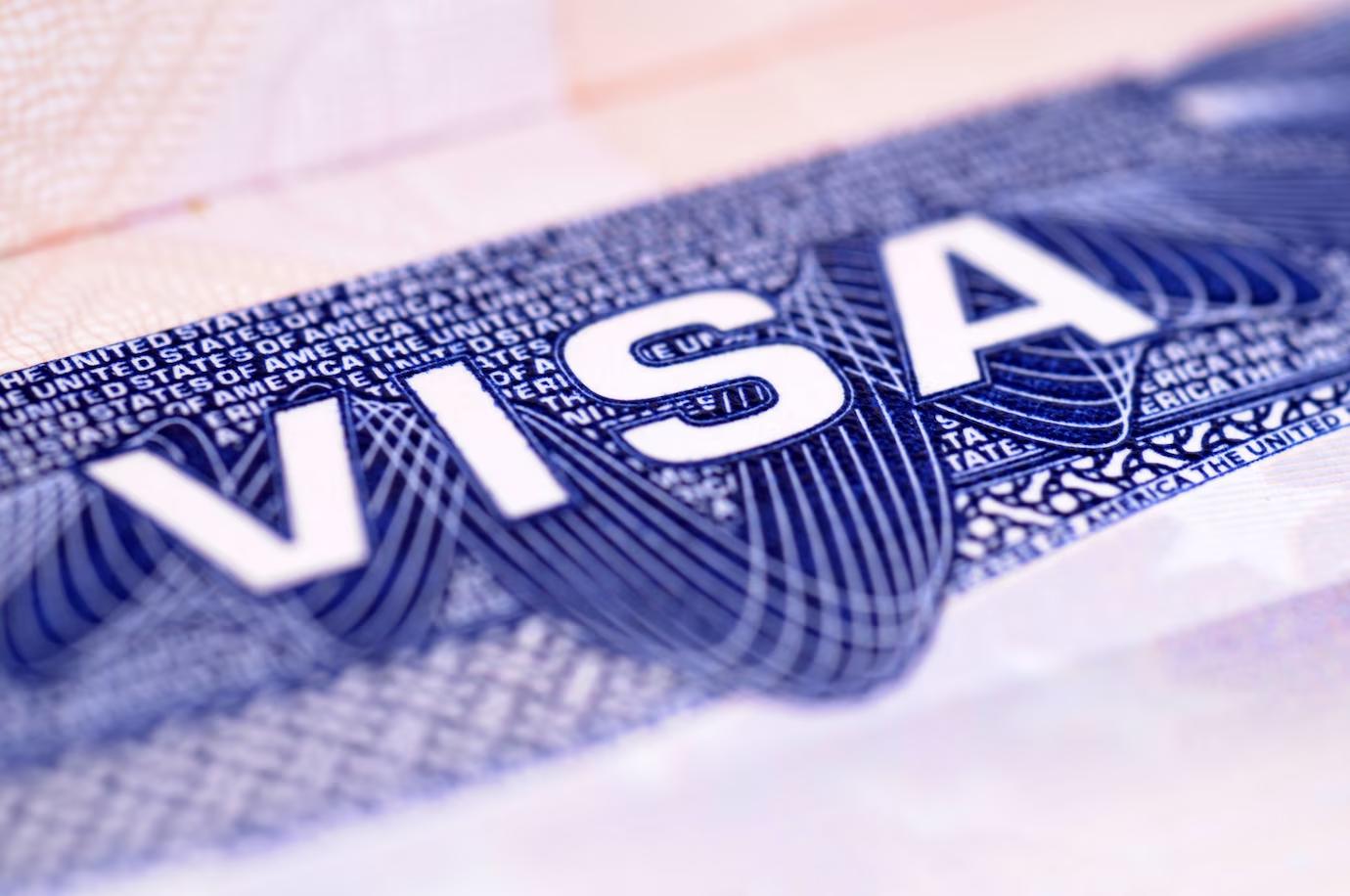As the desire to study, work, or live abroad continues to grow, so does the prevalence of visa scams targeting unsuspecting individuals. These scams can have severe consequences, from financial loss to legal troubles. It’s essential to be aware of the various types of visa scams to protect yourself from falling victim. In this article, we’ll explore some common Types of visa scams and provide tips on how to avoid them.
Fake Visa Agents

Overview
Fake visa agents pose as legitimate consultants or agencies that promise to handle your visa application in exchange for a fee. These scammers may offer too-good-to-be-true services, such as guaranteed visa approvals or expedited processing times.
Red Flags
Unrealistic Promises:
Be wary of agents who guarantee visa approval or claim they can expedite the process for a fee.
Lack of Credentials:
Verify the legitimacy of the agency or agent. Look for reviews, credentials, and professional affiliations.
Pressure Tactics:
Scammers often use high-pressure tactics to make you act quickly, such as claiming there is a limited-time offer or threatening immediate action.
How to Avoid
Research Thoroughly:
Check the credibility of the visa agency or consultant. Look for official accreditation or reviews from past clients.
Verify Contact Information:
Ensure that the contact details provided are legitimate and match the official addresses of the agency.
Seek Official Sources:
Use official government websites and resources to verify visa procedures and consult with authorized agents if necessary.
Phishing Scams
Overview
Phishing scams involve fraudulent attempts to obtain sensitive information, such as passport details, bank account information, or personal identification numbers. Scammers may use fake emails, websites, or phone calls that appear to be from official immigration authorities.
Red Flags
Suspicious Emails:
Look out for emails or messages asking for personal information or directing you to unofficial websites.
Unusual Requests:
Be cautious if you receive requests for sensitive information via email or phone calls, especially if they come from unknown sources.
Poor Grammar:
Many phishing attempts use poor grammar or spelling errors, which can be a sign of a scam.
How to Avoid
Verify Authenticity:
Always verify the authenticity of any communication claiming to be from immigration authorities by contacting them directly using official contact information.
Secure Your Information:
Do not provide personal or financial information via email or phone unless you are certain of the recipient’s identity and legitimacy.
Use Official Websites:
Access visa information and applications through official government websites and avoid clicking on links from unfamiliar sources.
Fake Job Offers
Overview
Scammers may offer fake job positions abroad, promising lucrative salaries and visa sponsorship in exchange for payment upfront or personal information. These scams often target individuals seeking employment opportunities in foreign countries.

Red Flags
Upfront Fees:
Be cautious if you are asked to pay fees for visa processing, job placement, or training before securing a job.
Too Good to Be True:
Job offers that seem unusually lucrative or come with promises of quick visa approvals without proper documentation should be scrutinized.
Unverified Employers:
Verify the legitimacy of the company offering the job. Research the company’s background and check for official job postings.
How to Avoid
Research Employers:
Verify the legitimacy of the company offering the job by checking their website, reviews, and official job listings.
Beware of Fees:
Genuine employers typically do not require you to pay fees for visa processing or job placement. Be cautious of any requests for upfront payments.
Use Official Job Portals:
Apply for jobs through reputable job portals or company websites rather than responding to unsolicited offers.
Fake Visa Stamping and Documentation
Overview
Scammers may sell fake or forged visas, permits, or other documentation, promising to provide official-looking documents that are actually fraudulent. These fake documents can lead to serious legal consequences if discovered.
Red Flags
Unusual Document Features:
Be cautious if the document appears to have irregularities, such as incorrect official stamps or inconsistent formatting.
Unverifiable Sources:
Do not purchase documents from unofficial or dubious sources that cannot be verified through official channels.
Suspicious Offers:
Be wary of offers for visa or residency documents that seem unusually quick or inexpensive.
How to Avoid
Verify Authenticity:
Check the authenticity of your visa or permit by contacting the issuing authority or using official verification tools.
Avoid Unofficial Sources:
Do not purchase visas or documents from unauthorized sellers or sources.
Consult Official Channels:
If you are unsure about the legitimacy of a document, consult with immigration authorities or legal professionals for guidance.
Fraudulent Immigration Services
Overview
Fraudulent immigration services claim to offer expert advice and assistance with visa applications but are actually scams designed to exploit individuals seeking legitimate immigration help. These services may provide incorrect information or fail to submit applications properly.
Red Flags
Unlicensed Providers:
Be cautious of immigration consultants who are not licensed or accredited by official immigration authorities.
Lack of Transparency:
Scammers often avoid providing clear information about their services or fees. Look for transparency and detailed explanations.
Unverifiable Claims:
Be wary of consultants who make unverifiable claims about their success rates or expertise.
How to Avoid
Verify Credentials:
Ensure that the immigration consultant or service provider is licensed and accredited by relevant authorities.
Check Reviews:
Look for reviews and testimonials from previous clients to assess the credibility of the service provider.
Request References:
Ask for references or contact information for past clients to verify the service provider’s legitimacy.
Conclusion
Awareness is your best defense against visa scams. By recognizing the common types of scams and understanding the red flags, you can protect yourself from falling victim to fraudulent schemes. Always verify the authenticity of any service or document related to your visa application and seek guidance from official sources. If you suspect you have encountered a scam, report it to the relevant authorities to help prevent others from being deceived. Stay informed and vigilant to ensure a smooth and legitimate journey towards your international education or career goals.

Get Free Expert Advice
Are you ready to embark on your next adventure? Whether you’re seeking a work permit, tourist visa, or study opportunities in Canada or other countries, we’re here to help! Contact us today to learn how our expert services can simplify your journey and turn your dreams into reality. Reach out now and let’s start planning your future together!
Also read:
